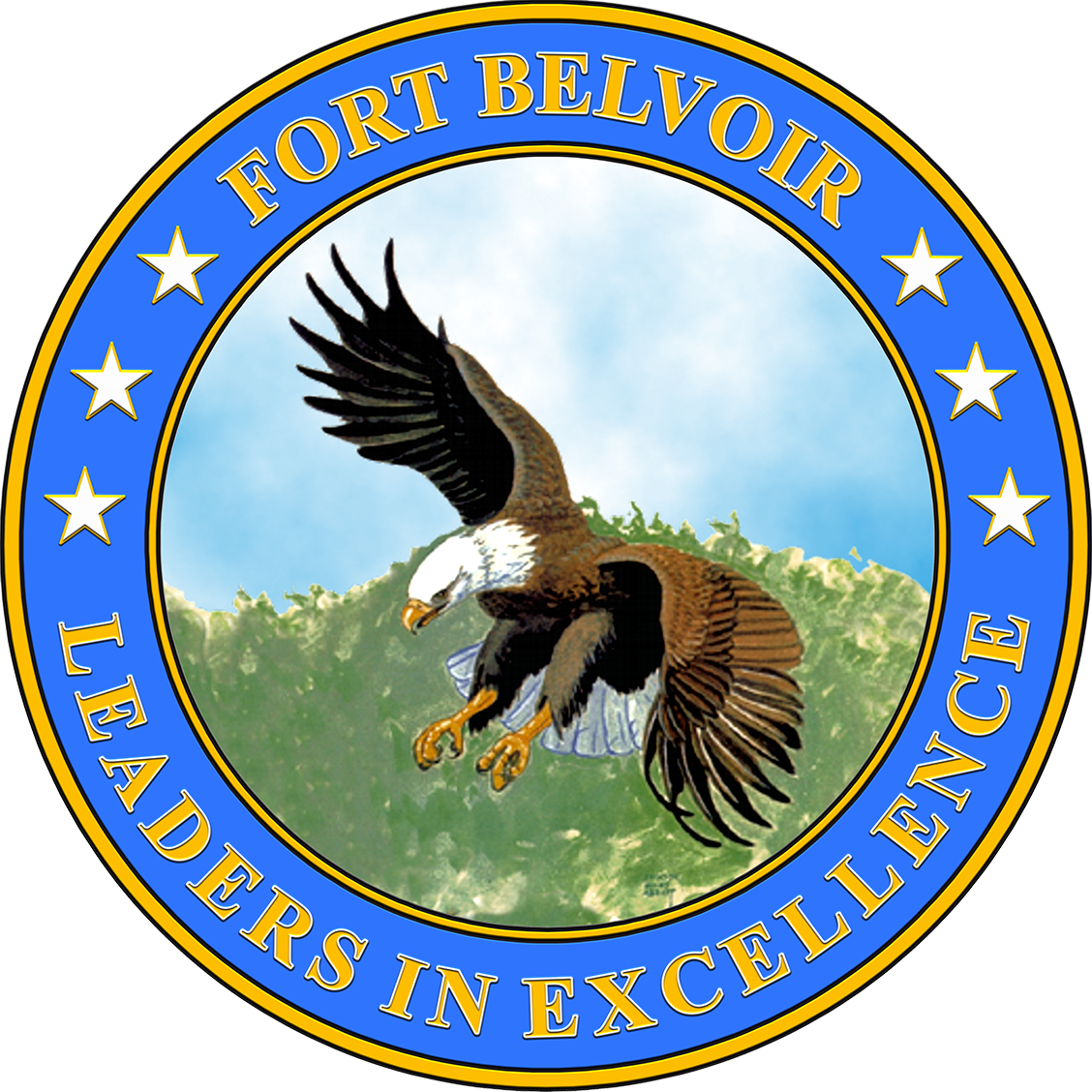
Photo by Jeffrey Castro
U.S. Army Criminal Investigation Command
CID Lookout is a U.S. Army Criminal Investigation Command initiative to partner with the Army community by providing a conduit for members of the Army family to help prevent, reduce and report felony-level crime.
Reminder: CBD Oil Remains Illegal for DOD Personnel
QUANTICO, VA ( Jan. 11, 2022) – Cannabidiol, also known as CBD, usage and popularity is on the rise across the United States and can be found in food products and everyday household items used for personal hygiene.
While CBD may be legal in most areas, the Army Criminal Investigation Division is reminding the military community that usage and possession is still illegal for Department of Defense personnel.
According to Special Agent Chawn Roundtree, Drug Suppression Team (DST) Team Chief, Fort Belvoir Resident Agency (CID), 3D Military Police GP, all forms of CBD are illegal for Army military and civilian personnel because traces of the Cannabis Sativa plant, can still be found in the CBD Oil.
SA Roundtree, and his team members said the military community may have a misconception that CBD is legal due to recent state law changes. However, it is still illegal to use or possess CBD products on military installations regardless of being a dependent, civilian, or active duty service member.
“It is illegal to introduce drugs, such as CBD on military installations, including through the United States Postal Service,” said SA Roundtree. “This means you cannot order products containing CBD and have them mailed to your on-post residence, regardless of status on the installation.”
Army CID investigates the distribution of controlled substances through the postal system for three purposes: to interdict the flow of controlled substances through the mail system, to identify DoD-affiliated drug violators abusing the mail system, and to deter other potential drug violators from using the mail to distribute controlled substances.
CID officials believe confusion may stem from the Agriculture Improvement Act of 2018.
According to this legislation, hemp was removed from the federal government’s list of controlled substances and became legal if it contained less than 0.3 percent of delta-9-tetrahydrocannabinol (THC). However, under federal law, marijuana remains illegal thus making usage prohibited. This includes CBD.
For this reason in February 2020, the Honorable Matthew Donovan, the Acting Under Secretary of Defense for Personnel and Readiness at the time, released a memo directing all branches of the armed forces to issue regulations or general orders prohibiting the use of hemp products.
Army Regulation 600-85 dated 23 July 2020, states “the use of products made or derived from hemp including cannabidiol CBD, regardless of the product’s THC concentration, claimed or actual, and regardless of whether such product may lawfully be bought, sold, and used under the law applicable to civilians, is prohibited, regardless of the route of administration or use.”
Examples of products that are prohibited include products that are injected, inhaled, or otherwise introduced into the human body; food products, topical lotions and oils; soaps and shampoos; and other cosmetic products that are applied directly to the skin.
The DoD policy on legal and illegal substances is in place to ensure that service members stay healthy, are able to perform their duties, and do not get dishonorably discharged due to drug use.
CID has investigative responsibility for all offenses having an Army interest involving substances listed in Schedule I through Schedule V of the Controlled Substances Act, said SA Roundtree.
On April 7, 2021, the Virginia General Assembly voted to approve amendments proposed by Gov. Ralph Northam, making Virginia the 17th in the nation, to legalize cannabis for adults.
The new law took effect on July 1 making it legal for adults to legally possess and share up to one ounce of cannabis and cultivate up to four cannabis plants at their primary residence.
According to SA Roundtree, the Fort Belvoir Resident Agency (CID) DST, which serves both Fort Belvoir, and Joint Base Myer Henderson Hall, has seen an increase since April 2021 of more than double the amount of cases involving THC from the previous two years.
SA Roundtree and his team believes this a direct correlation to the “states legalization of cannabis.”
“It is highly likely other military installations residing in states that have passed this law are seeing similar trends,” said SA Roundtree.
CBD use in the military is punishable under Article 92 of the Uniform Code of Military Justice, Failure to Obey a Lawful General Order.
Ronna Weyland
U.S. Army Criminal Investigation Command





